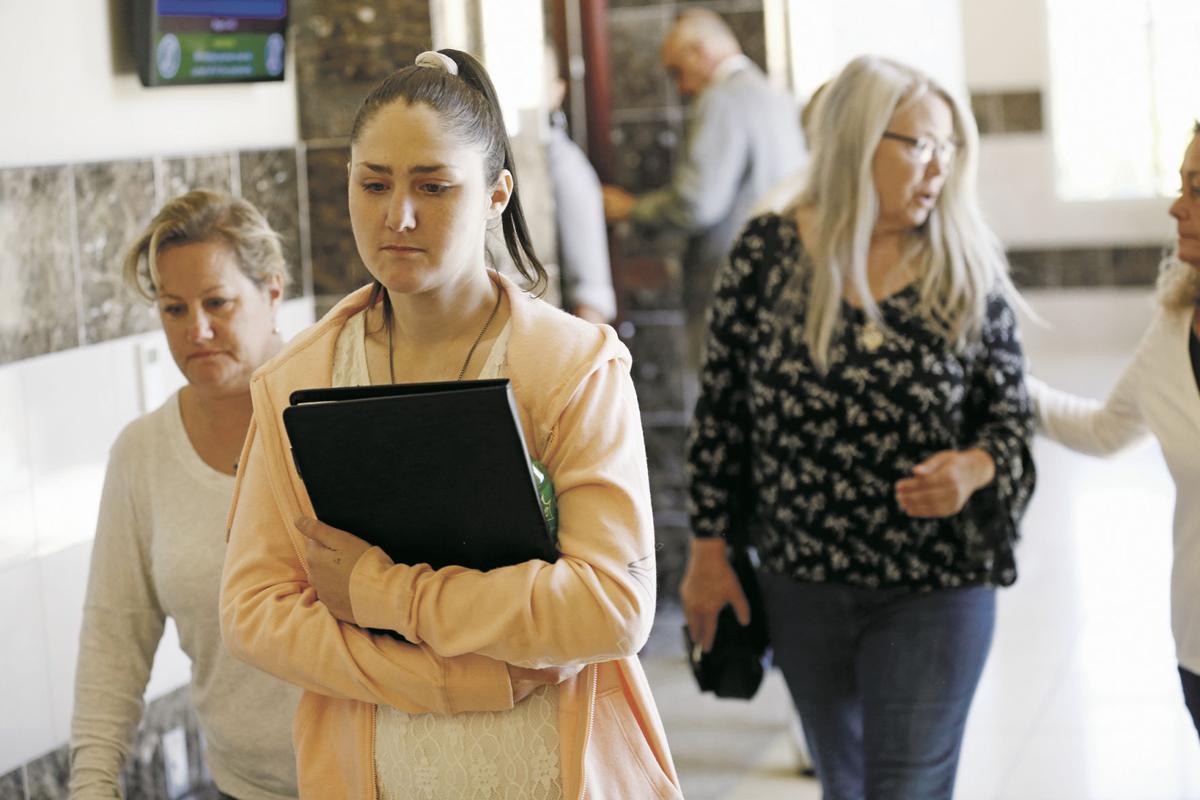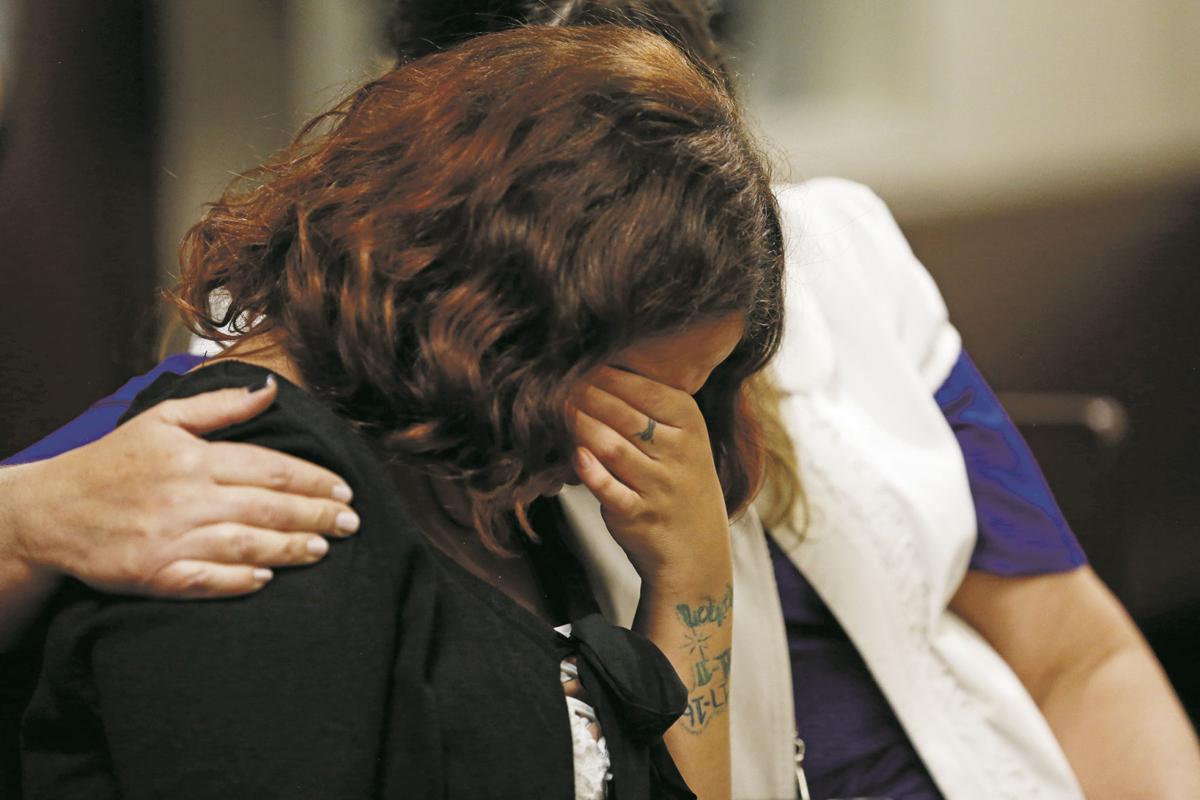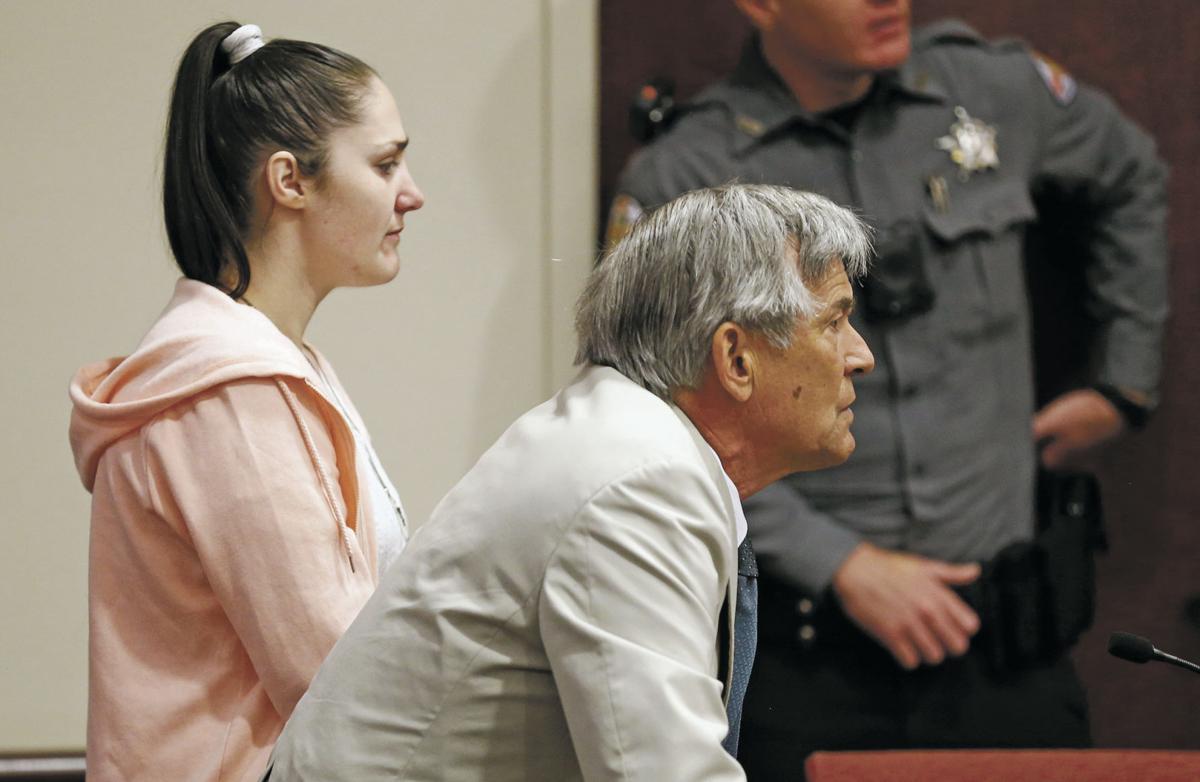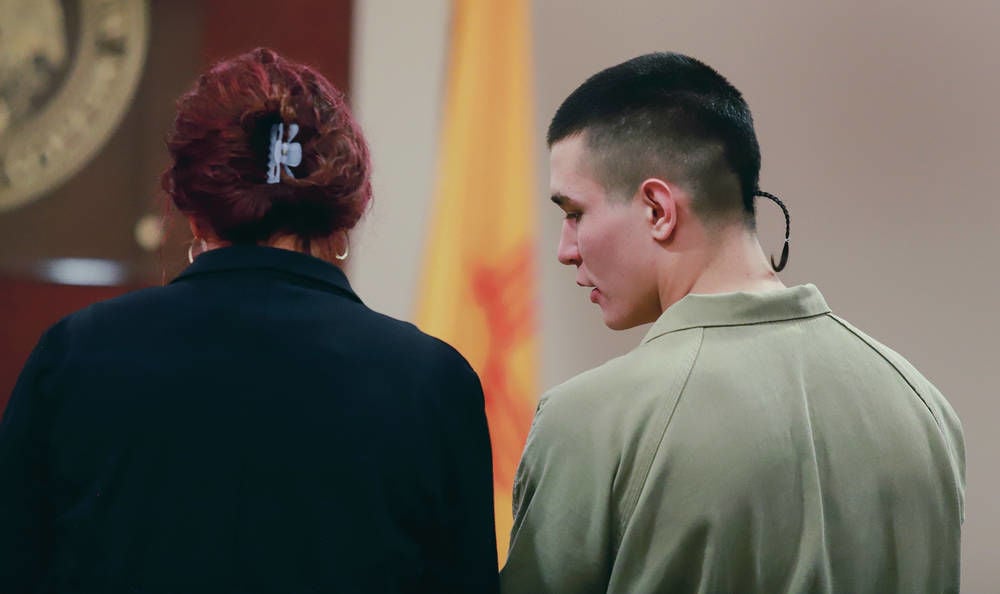ALBUQUERQUE, N.M. — A 2nd Judicial District Court judge denied a motion to put a man tied to a grisly child killing back in jail.

Instead, Judge Charles Brown eased pretrial release conditions on Fabian Gonzales to allow him to work outside Bernalillo County and to be unsupervised around children. Gonzales will now be allowed to live with his girlfriend and her children.
Gonzales, 35, is charged with reckless abuse of a child resulting in death, tampering with evidence and conspiracy to commit tampering with evidence in the death of 10-year-old Victoria Martens in August 2016.
Gonzales was previously required to live at a residence determined by the court’s Pretrial Services Division and was not supposed to have contact with minors unless he was supervised by another adult, among other restrictions. He was released from jail in November.
Earlier this month, staff with Healthcare for the Homeless told the court’s Judicial Supervision and Diversion Program that Gonzales was at the facility with his girlfriend and her children and was around the children unsupervised for several minutes. Prosecutors then asked Brown to revoke Gonzales’ conditions of release.
Brown denied the request at a hearing Tuesday morning and removed the condition that Gonzales must be supervised around children. Brown said he wasn’t sure why he ordered Gonzales to have no unsupervised contact with children in the first place. Gonzales was initially charged with killing Martens, but now investigators say the killing was committed by an unknown man.
“Other than the crime for which he’s charged, there is no evidence that he’s ever been a danger to any child anywhere at anytime,” Brown said during the hearing.
Bernalillo County District Attorney spokesman Adolfo Mendez said the office can’t appeal Brown’s ruling, but it is looking at other avenues of review.
“We are disappointed that the district court’s response to Mr. Gonzales’s violation of conditions of release is increased leniency,” Mendez said in an email.
Stephen Aarons, Gonzales’ attorney, said in an email that the “ruling today reflects how well Mr. Gonzales has done with pretrial supervision: full time employment, a new lease, no alcohol, no drugs, no violations of any kind.”
Prosecutor Greer Rose said that while Gonzales’ girlfriend was filing for a housing voucher at Healthcare for the Homeless, Gonzales took her son to a nearby gas station to use the bathroom. Brown found that Gonzales did not violate his conditions by doing so.
“The ruling today reflects how well Mr. Gonzales has done with pretrial supervision: full time employment, a new lease, no alcohol, no drugs, no violations of any kind,” Aarons said in an email. “The district attorney has spent 1,400 days and millions of taxpayer dollars prosecuting the wrong person. When will it end?”
Brown also granted a defense motion to allow Gonzales to work outside Bernalillo County.
Brown didn’t grant a defense request to remove Gonzales’ GPS monitor and left it to the discretion of pretrial services.








